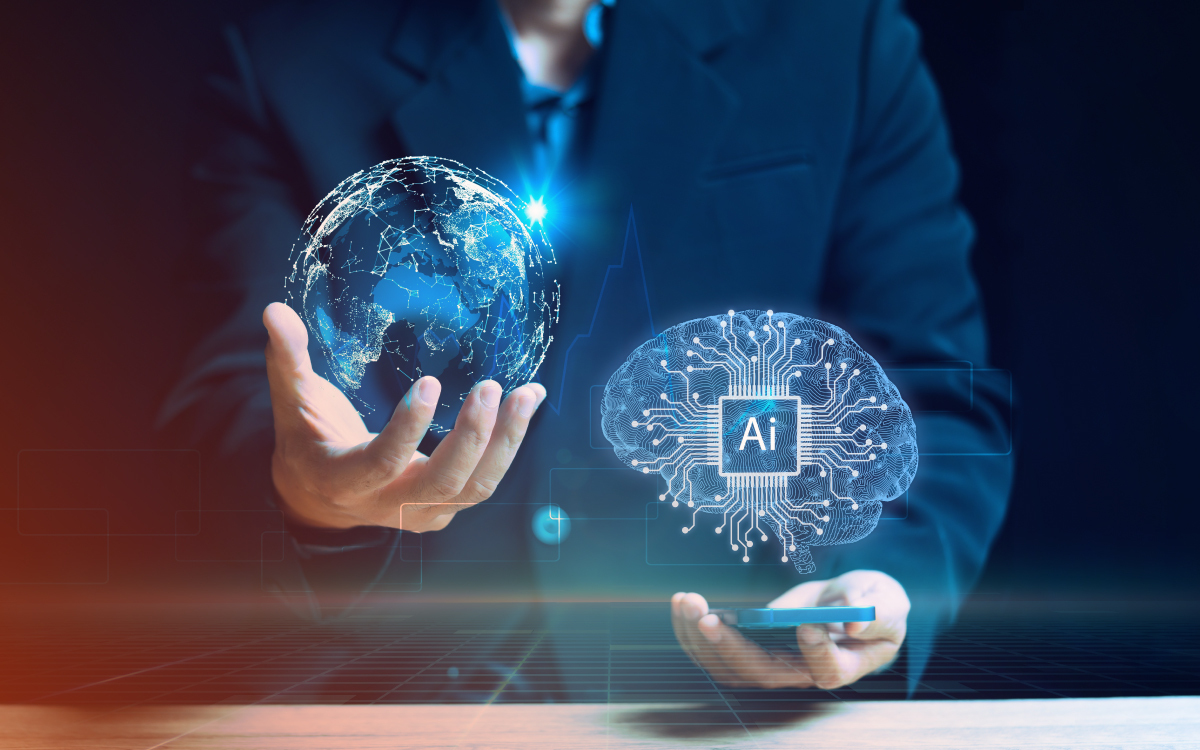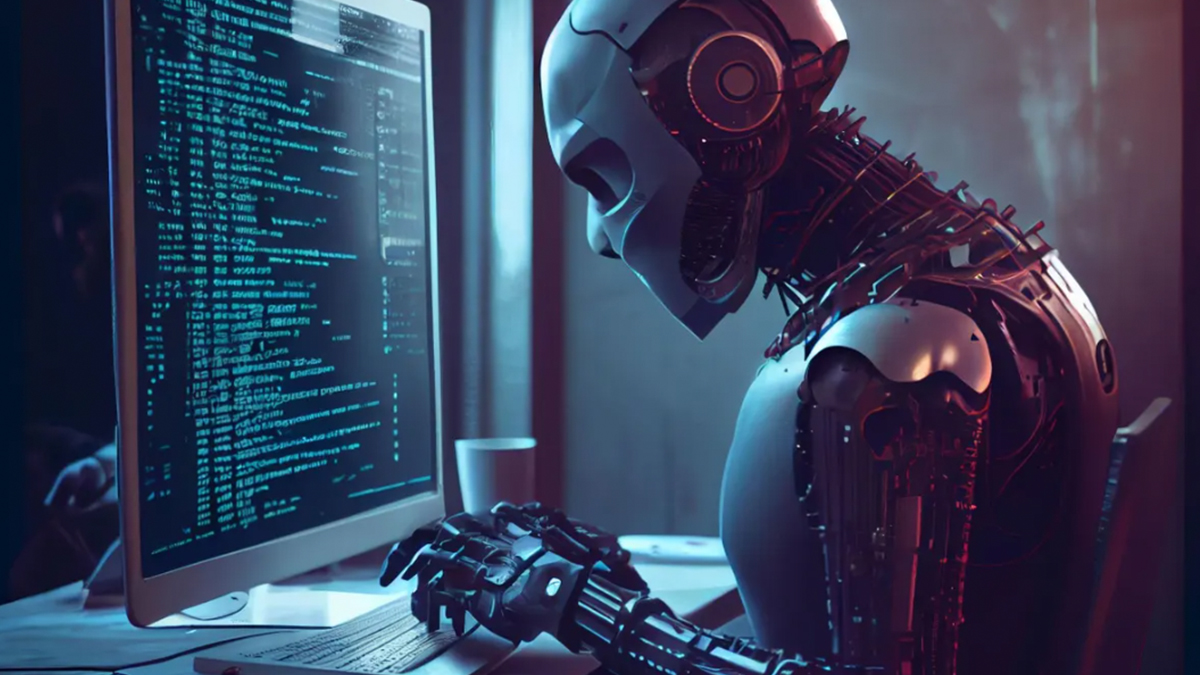Ads
The future is already here, and it's called Artificial Intelligence (AI). This term, which we used to see in science fiction movies, has now become an integral part of our daily lives. From virtual assistants to the recommendation systems of our favorite online stores, AI is quietly reshaping how we live and work. Through this exploration, we want to offer you a detailed look at the fascinating world of artificial intelligence, how it works, and how it is transforming today's society.
On this journey, we'll unravel the complex mechanisms that drive artificial intelligence. We'll explain key concepts like machine learning and neural networks, and how these technologies allow AI systems to "learn" and improve over time. You don't need to be a computer science expert to follow along; our goal is to make these concepts accessible and understandable to everyone.
Ads
Additionally, we'll examine the impact of artificial intelligence on our society. How is it changing the way we work, learn, and communicate? What ethical and legal challenges are emerging as AI becomes increasingly prevalent? These are some of the crucial questions we'll address. Last but not least, we'll discuss emerging trends in AI and how they might shape our future. Get ready for an exciting journey to the heart of the technological revolution! 🚀🤖🌐
Understanding Artificial Intelligence
Artificial Intelligence (AI) is a discipline of computer science that seeks to simulate and emulate human intelligence in machines. It is a rapidly evolving and expanding field, and its impact on modern society cannot be underestimated.
Ads
How does AI work?
Artificial intelligence is based on the principle that human learning and thinking functions can be so precisely described that a machine can be made to simulate them. This involves the creation of mathematical models and computational algorithms to represent human reasoning. Techniques used in AI include, among others, machine learning, fuzzy logic, and artificial neural networks.
Types of Artificial Intelligence
AI can be categorized in different ways, but the two most common types are weak AI and strong AI. Weak AI refers to systems that are designed and trained to perform a specific task, such as recommending products in an online store or detecting spam in an email inbox.
On the other hand, the Strong AI It refers to systems that have the ability to understand, learn, adapt, and implement logic in different scenarios, just as a human would. This type of AI is more complex and is still under development.
The impact of AI on society
Artificial intelligence has a transformative impact on almost every aspect of our lives, from how we work to how we communicate and entertain.
At work
In the workplace, AI is changing the way we do business. AI algorithms are used to analyze large data sets and offer insights that can help companies make strategic decisions. Furthermore, robots and AI systems are beginning to perform tasks that previously required human intervention, saving time and resources.
In communication
AI is also revolutionizing the way we communicate. Chatbots and virtual assistants use AI to interact with users, offering immediate and personalized answers to their questions.
The challenges and concerns of AI
Despite its many advantages, AI also presents challenges and concerns. Some of the most important are:
- UnemploymentWith the automation of many jobs, there is fear that AI could lead to mass unemployment.
- Privacy: The use of AI in data collection and analysis can raise privacy and security concerns.
- EthicsThere is an ongoing debate about the ethical decisions AI can make in situations involving human lives, such as autonomous vehicles.

The future of AI
The future of AI looks promising, with continued advancements in technology and algorithms. We're likely to see increasing integration of AI into our daily lives, from our homes to our workplaces.
AI and Big Data
One area where AI is making significant strides is in Big Data analysis. AI algorithms are being used to analyze vast data sets, which can provide valuable insights in areas such as medicine, economics, and the environment.
AI and robotics
Robotics is another field where AI is making a significant difference. AI-equipped robots are being used in a wide range of applications, from manufacturing to healthcare to space exploration.
In short, artificial intelligence is an exciting and rapidly developing field that is changing the way we live and work. While it presents some challenges, the opportunities and benefits it offers are enormous.
Conclusion

In conclusion, artificial intelligence is a fascinating and constantly evolving field that has proven to have a transformative impact on our society. Its ability to emulate human thought has enabled innovations in multiple areas, from the way we work to the way we communicate. Despite the challenges and concerns it raises, such as unemployment and privacy issues, AI promises to provide enormous benefits. Artificial intelligence is changing our world, from automating workplace tasks to analyzing Big Data and revolutionizing robotics. However, it is critical to address the ethical and privacy issues that arise with its implementation. This way, we can ensure that its impact is positive and beneficial for all. Artificial intelligence is not just an emerging technology, but a new way of understanding and interacting with the world around us.



